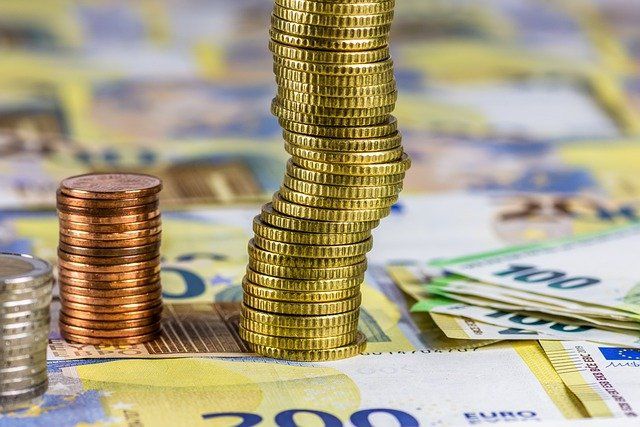Self-employed and Dutch taxes
Entrepreneur and your tax return
First, you have to establish whether you are seen as an entrepreneur by the Dutch tax office. The fact that you are self-employed and you file your VAT return does not automatically mean that you are seen as an entrepreneur for the income tax return. If you want to be considered as an entrepreneur, you must invest at least 700 hours of your time yearly, and you have to make a profit (or will in the future). Are you not quite sure whether you are seen as self-employed for the tax return? You can do the entrepreneur check here!
Deductions
The benefit of being considered as an entrepreneur is that you are entitled to certain deductibles. We will explain the four most common deductions:
1. Self-employed deduction. This is a fixed amount you may deduct from your income, which is € 6,670 in 2021.
2. Start-up deduction. As a starter, you may deduct an additional amount of € 2,123 from your profit three times in the first five years. An extra condition here is that you were not an entrepreneur for at least one of the five years before the relevant tax return.
3. Small-business project exemption. This exemption is set at 14% of the profit after it is reduced with the entrepreneur’s deduction (amount of the self-employed deduction, start-up deduction, deduction for research and development activities, co-operating partner deduction, and liquidation deduction together).
4. Investment deduction. Under certain conditions, you qualify for this deduction. We distinguish three:
- KIA (small-scale investment allowance)
- Energy investment deduction
- Environmental investment deduction.
VAT-return
Next to the annual tax return, self-employed people need to file their VAT returns every quarter. The difference between the paid and received VAT is the amount you pay to or receive from the tax authorities.
